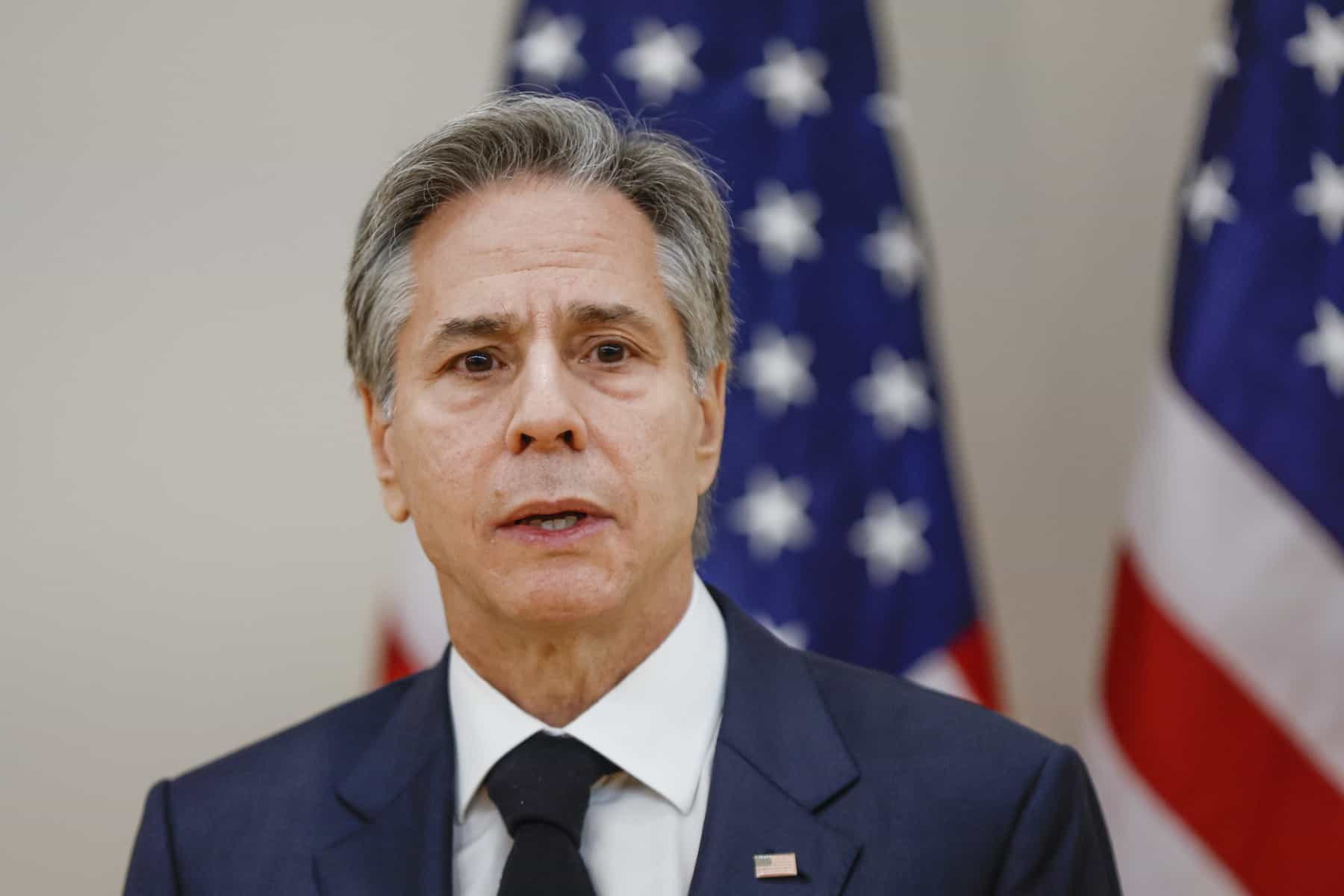Washington, United States — US Secretary of State Antony Blinken will travel to Saudi Arabia next week at a time of touchy relations between Washington and its longtime Middle East ally, the State Department announced Friday.
Blinken’s June 6-8 trip comes as both the United States and Saudi Arabia are seeking to broker a durable cease fire between Sudan’s warring generals.
On the trip, Blinken will “discuss US-Saudi strategic cooperation on regional and global issues and a range of bilateral issues including economic and security cooperation,” the State Department said.
He will participate in a ministerial meeting on Wednesday with the Gulf Cooperation Council, and on Thursday in a meeting in Riyadh of the coalition of countries fighting the Islamic State group.
Blinken’s trip follows a recent visit to Saudi Arabia by White House National Security Advisor Jake Sullivan and nearly a year after President Joe Biden visited the country, with only mixed success in improving relations.
Ties between Washington and Riyadh are complex and have frayed over US accusations of human rights abuses in the kingdom and unhappiness that the Saudis raised oil prices in collusion with Russia to profiteer from Moscow’s invasion of Ukraine, rejecting US pleas to cap prices.
The 2018 murder of US-based Saudi dissident journalist Jamal Khashoggi by Saudi agents with ties to the monarchy continues to dog bilateral ties.
Last year Biden called for a review of the relationship after the Saudis cut oil production to force up prices.
But as the Saudis continue to play a powerful role in Middle East politics and Washington continues to arm its military, US officials don’t hide their hopes for a closer relationship.
On Blinken’s menu will be continuing efforts to end the fighting in Yemen, where Iran-backed rebel Huthis have battled Saudi-backed government forces for years.
Yemen, the poorest country on the Arabian Peninsula has experienced a period of calm since a truce negotiated by the United Nations in April 2022.
Also on Blinken’s agenda would be a big prize for the United States — convincing the Saudis to formally recognize Israel, as part of the Abraham Accords.
The Accords, launched by former president Donald Trump, have led to a number of Arab countries normalizing relations with the Jewish state.
But Riyadh holds to its demand that Israel recognize an independent Palestinian state along with security guarantees from Washington.
Formal Saudi recognition of Israel would amount to a geopolitical shock to the region.
On Wednesday, the State Department’s top official for the Middle East, Barbara Leaf, told a hearing in Congress that there was a good deal of “hyperventilation” over the issue.
She forecast a “gradual opening up” between Saudi Arabia and Israel.
“We see plenty of space to get things done even before normalization were to be achieved,” she said.








